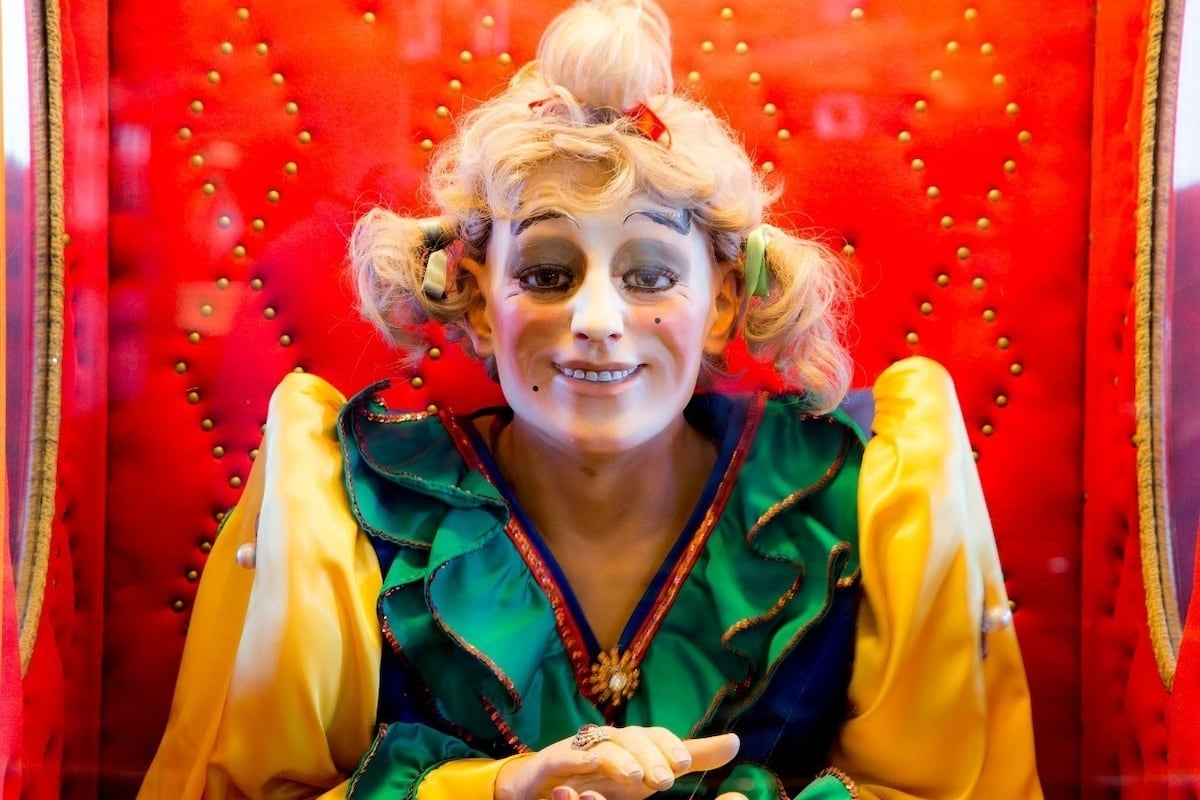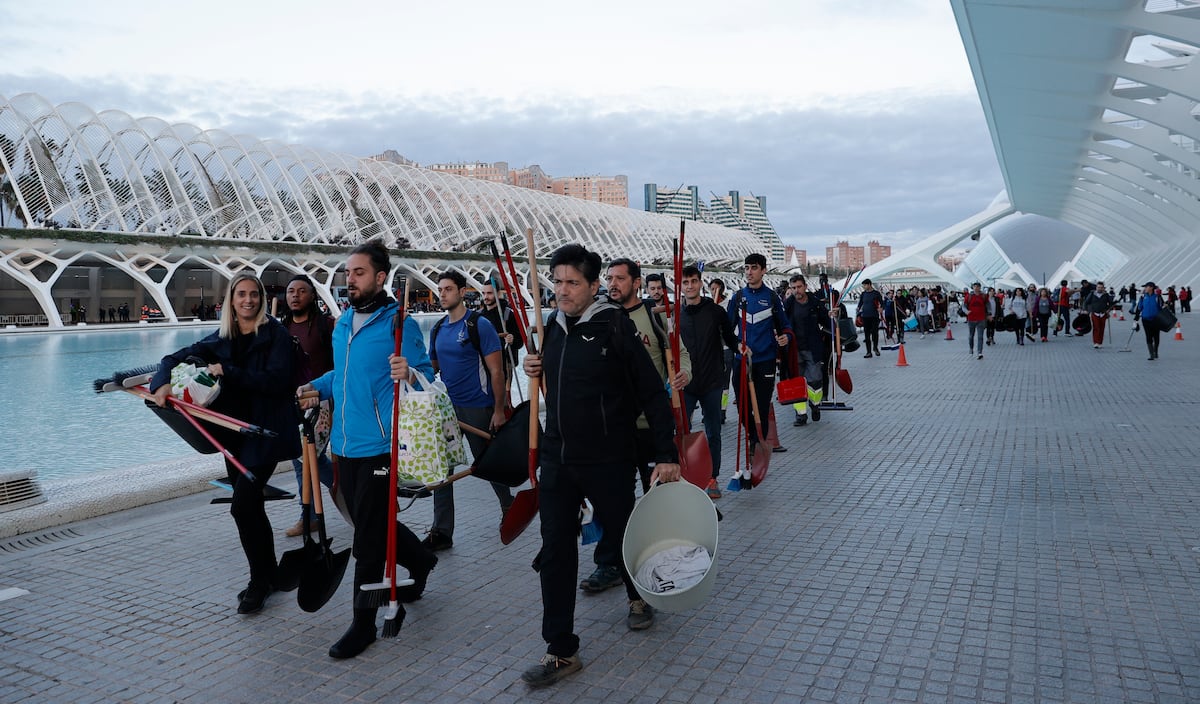Ukrainian President Volodymyr Zelenskyy has said that he has intelligence reports that 10,000 North Korean soldiers are preparing to enter the war on the side of Russia against Ukraine.
“We know that there are 10,000 soldiers of North Korea, that they are preparing to send, fight against us,” he told reporters in Brussels, adding that they were “land forces, other tactical personnel”.
“This is the first step to a world war.”
Zelenskyy said that some North Korean officers had already arrived in occupied Ukraine, in an apparent reference to trainers who are helping the Russian armed forces use missiles provided by Pyongyang.
“Because of the gap in mobilisation, because of lots of Russian losses, and [Russian President Vladimir] Putin is afraid of mobilisation very much . . . that is why he is trying to involve other participants in this war.”
Military analysts and Nato officials have cast doubt on the accuracy of reports that North Korean troops are involved in combat in eastern Ukraine. Nato secretary-general Mark Rutte said on Wednesday that the defence alliance had no “definitive” information on this matter.
The White House said on Tuesday it could not independently confirm the reports of North Korean troops fighting on behalf of Russia but “those reports are concerning to us”, according to National Security Council spokesperson John Kirby.
If true, the US believed it “would mark a significant increase in the DPRK [North Korea] and the Russia defence relationship” and be a sign of increasing desperation by Putin. “We’re obviously looking into those reports to see if it’s accurate”, Kirby added.
Another western official added that should any North Korean troops be deployed, it was unclear whether they would be engineers sent to help repair Russian defensive lines or troops sent to fight on the front lines. Also unclear were the potential numbers involved, which ranged from as little as 2,000 troops to as many as 12,000.
“Given Russia’s current daily casualty rates of 1,200 a day, even 10,000 troops would not be that many,” said the official, adding that there were other key unanswered questions, such as how command and control would work and in what language.
The Ukrainian leader joined an EU summit on Thursday in his latest attempt to secure western backing for his “victory plan”, which includes Nato membership for his country — a prospect allies are sceptical about happening anytime soon.
“If the partners do not support us on all the elements [of the plan] . . . it will be extremely difficult for us, and it will be a privilege to Russia from the world,” Zelenskyy said.
Russia launched its full-scale invasion of Ukraine in February 2022, and its troops occupy significant chunks of the country’s east. Zelenskyy pitched his proposals amid pressure from some western capitals for Kyiv to begin possible peace negotiations.
While Nato has said that Ukraine will one day become a member, a formal invitation is opposed by the US and Germany who fear that it could escalate the conflict and drag the alliance into war with Russia.
Zelenskyy said on Thursday that he had spoken with US President Joe Biden and the two candidates for November’s election, Donald Trump and Kamala Harris, about this issue.
He said Trump told him: “You have good arguments” when he pitched for the US to offer an invitation. Scholz “never said no, and never said yes,” Zelenskyy said. “So we are in a process. We will work on it.”
“If you really want Ukraine to be part of Nato . . . then it should coincide with actions. Words and actions should come together,” Zelenskyy told reporters. “That is why an invitation to Nato does not cross red lines. And crossing who’s red lines? A murderer,” he added, referring to Putin.
“Nato is a security umbrella for us. It works, it is reliable, and it is in practice the only help for us. The only thing we can rely on,” he said.
Zelenskyy said 18 of the EU’s 27 leaders had responded to his plan, and “the majority” were supportive of its contents.
Additional reporting by John Paul Rathbone in London and Steff Chávez in Washington


